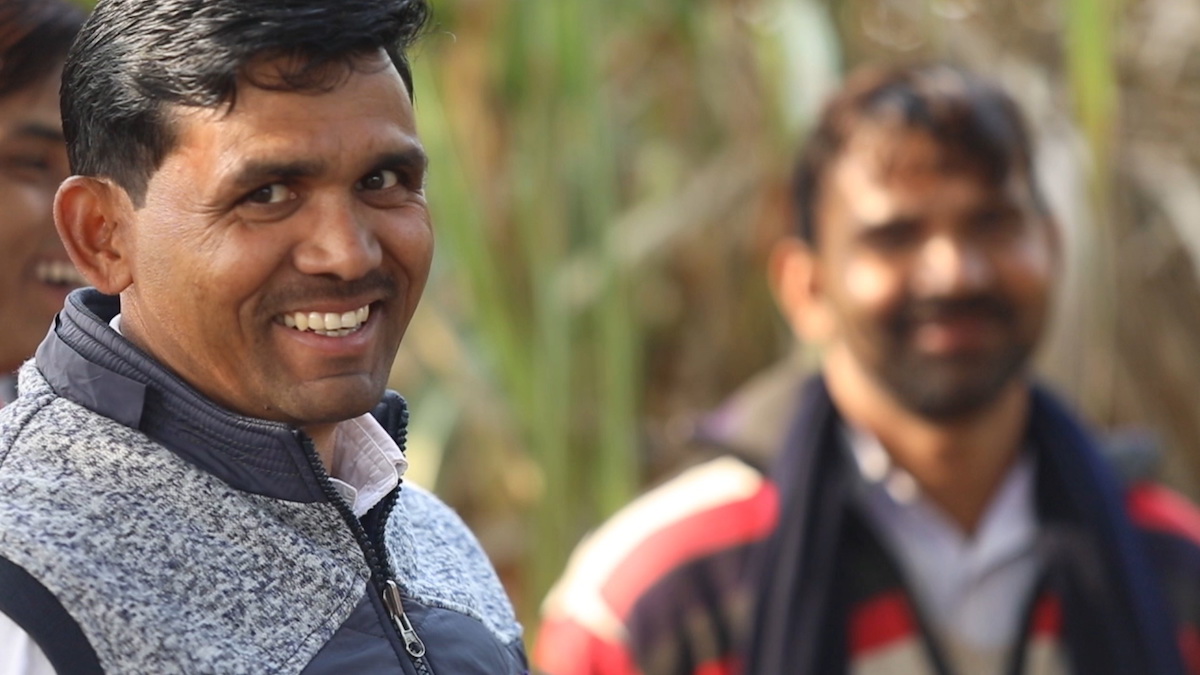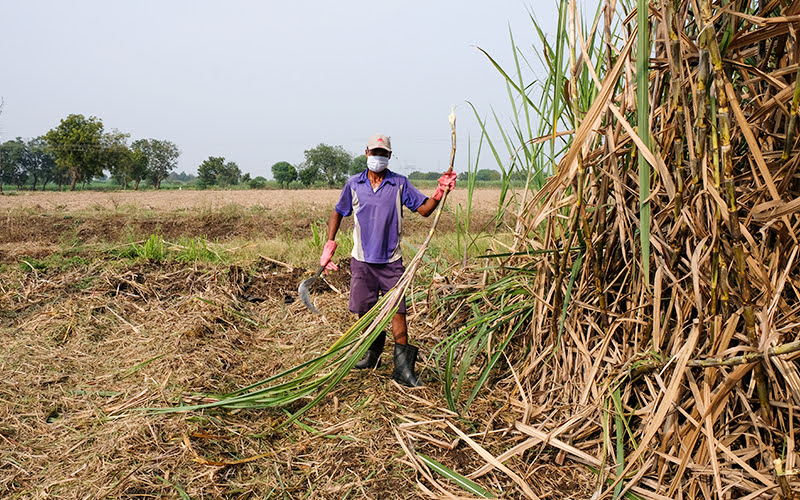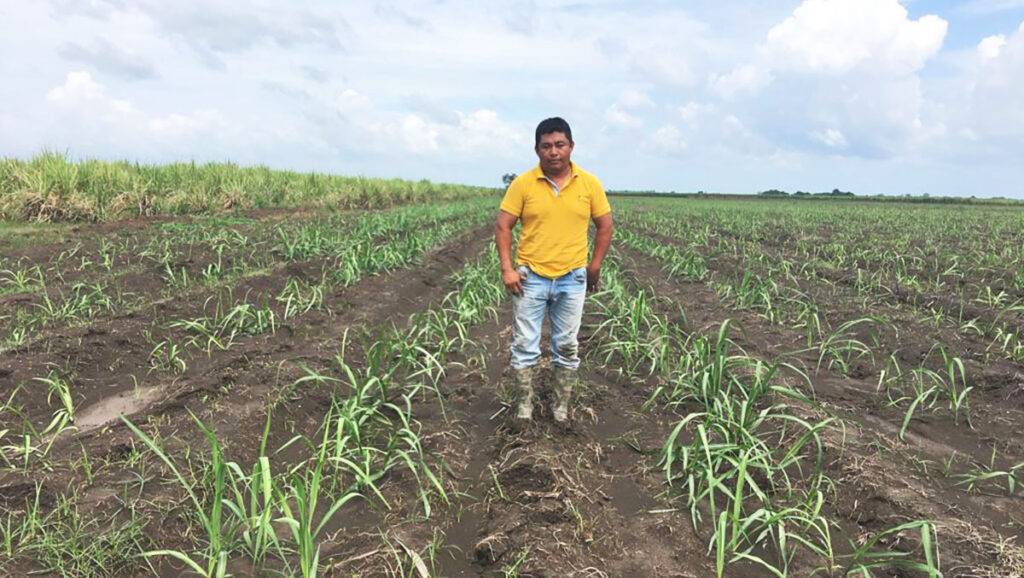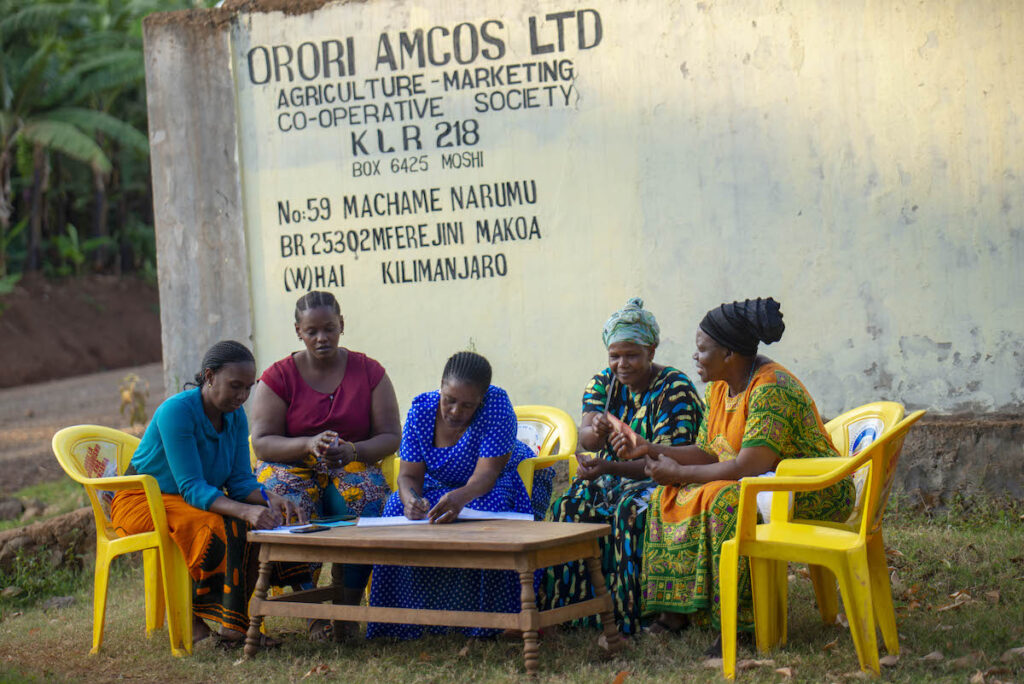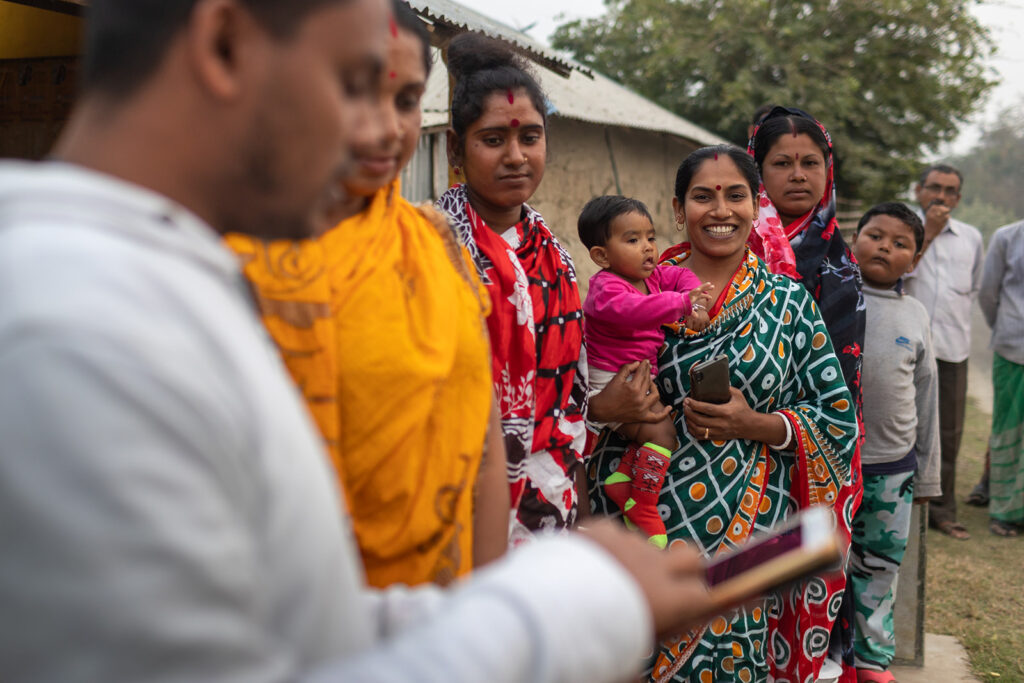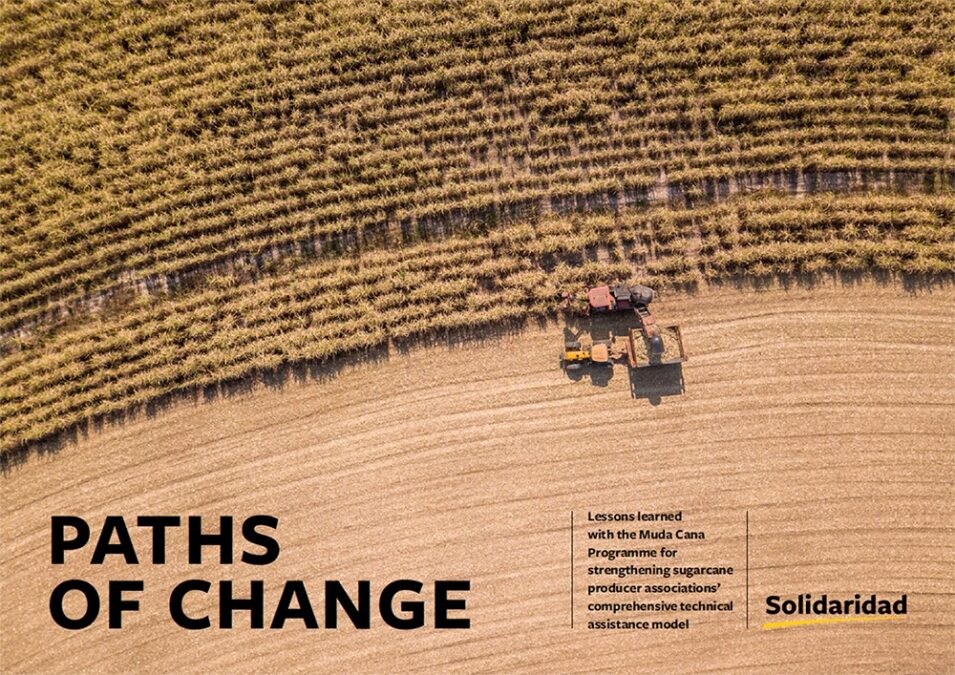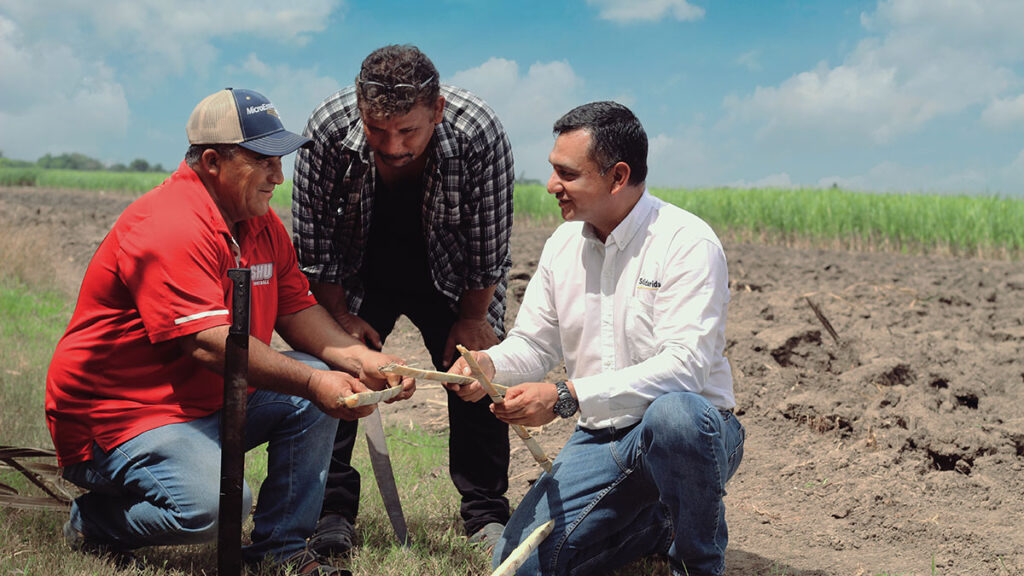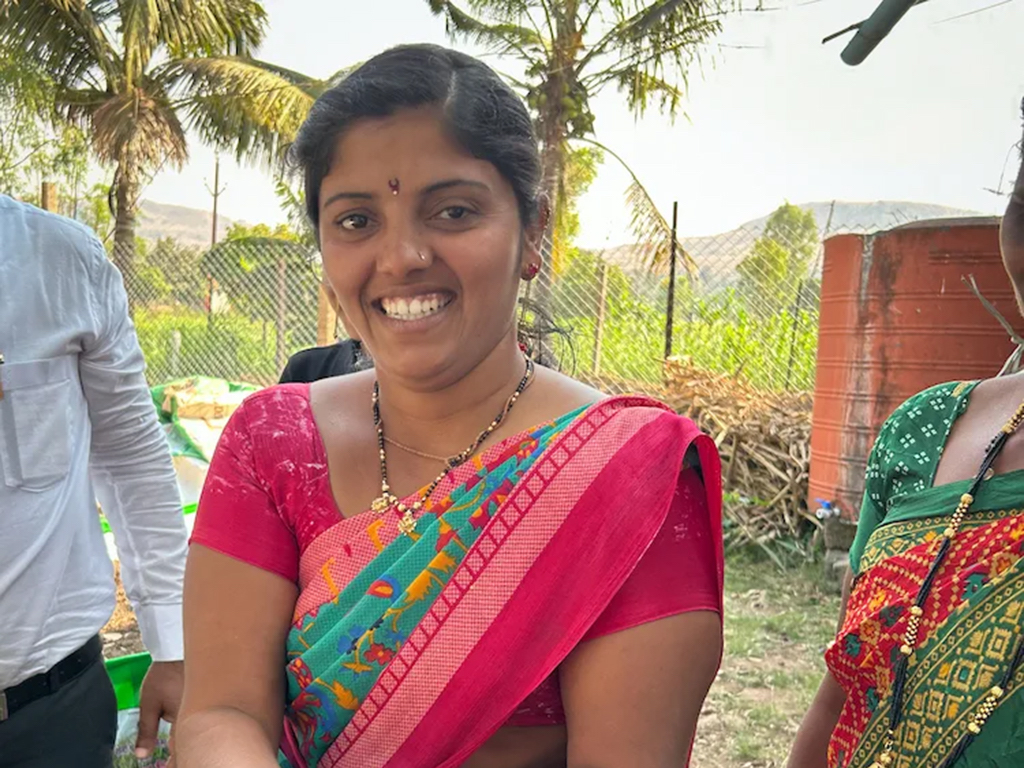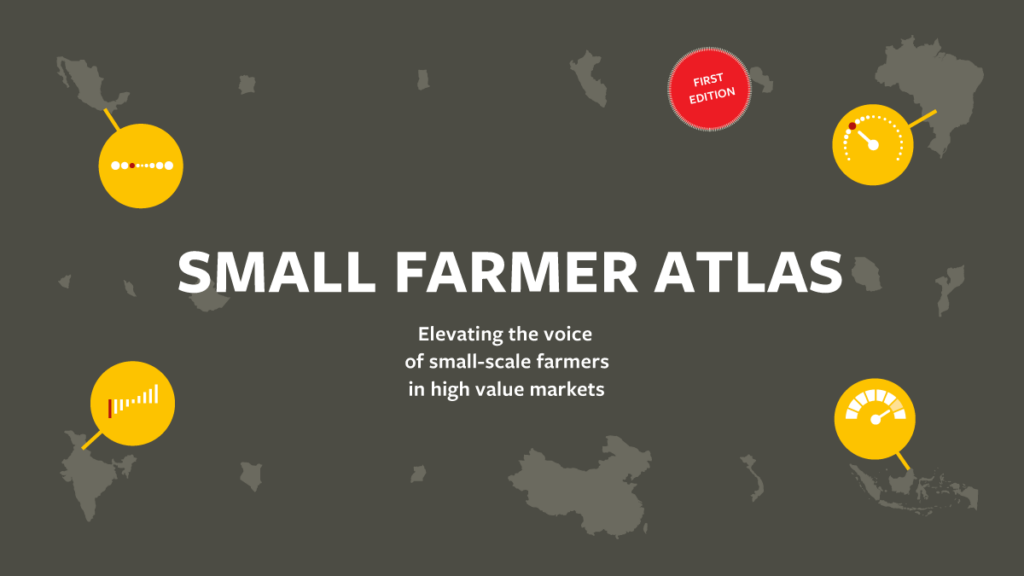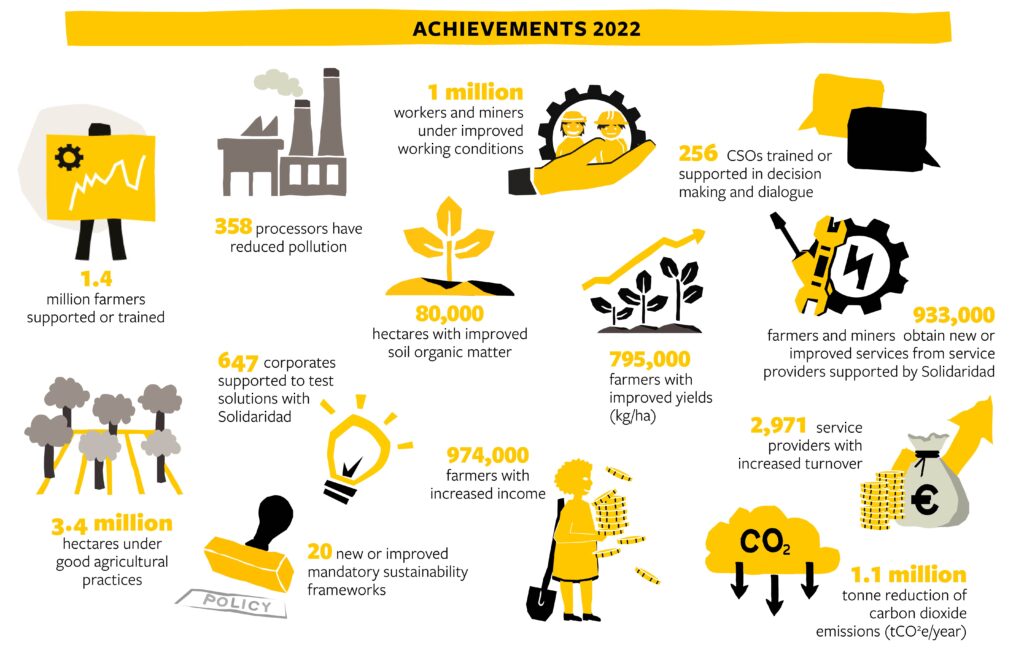Arvind Kumar of the Purva Devariya village in Hardoi district, Uttar Pradesh, cannot hide his excitement at the certificate of appreciation and cash prize awarded to him by the DCM Sugar Mill for achieving a record high sugarcane yield in his one-hectare farm this year. Kumar overtook other farmers in the panchayat area by strictly following the sustainable methods of sugarcane farming. Arvind credits the trainers who guided him through the process.
“It is the intense trainings and constant guidance from the Meetha Sona Unnati (MSU) team that have helped me achieve this feat. I’m the first one in my village to have seen a harvest of such scale and quality this year!” says Arvind, amid the 22-feet-high sugarcane crop that stood heavily on his land.
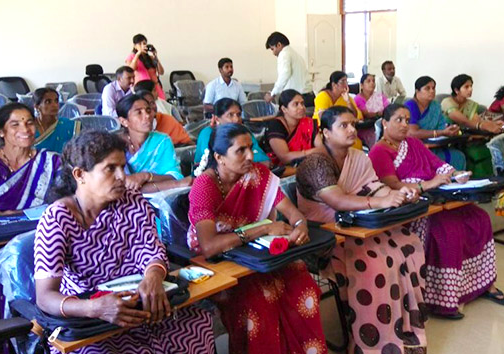
Improving water efficiency and sugarcane farmers’ livelihoods in India
Arvind beat Onkar Singh—a farmer from the neighbouring Lalpur village, who recorded a harvest of 2,281 quintals from one hectare of land—with a whopping 2,631 quintals yield.
“I have been closely following the instructions laid out by the training team. They advised me to create trenches in my field to be able to practice furrow irrigation and avoid excess water accumulation. Trenching has helped me a great deal—not only in saving water, but also in providing enough earth to hold the cane bundles erected on the field, post-harvest. In fact, furrow irrigation has helped me save 50 percent of diesel use and about 40 percent of water,” adds Arvind.
What makes it even more special for the 42-year-old farmer is the staggering INR 7,50,000 that he earned from his one-hectare land. “It has been a phenomenal journey!”
The journey to sugarcane farming
Hailing from a traditionally smallholder family, Arvind had to take the reins landholding early in life. The untimely demise of his father in 2000 left him with the responsibility of running the family with a meagre income from the land. “I’m the eldest of the three brothers, so the onus of attending to the family’s needs had to be shouldered. It was a tough time then; it is somewhat better now. My youngest brother has grown up to be a farmer like me, and my second brother works at the panchayat,” he mentions.
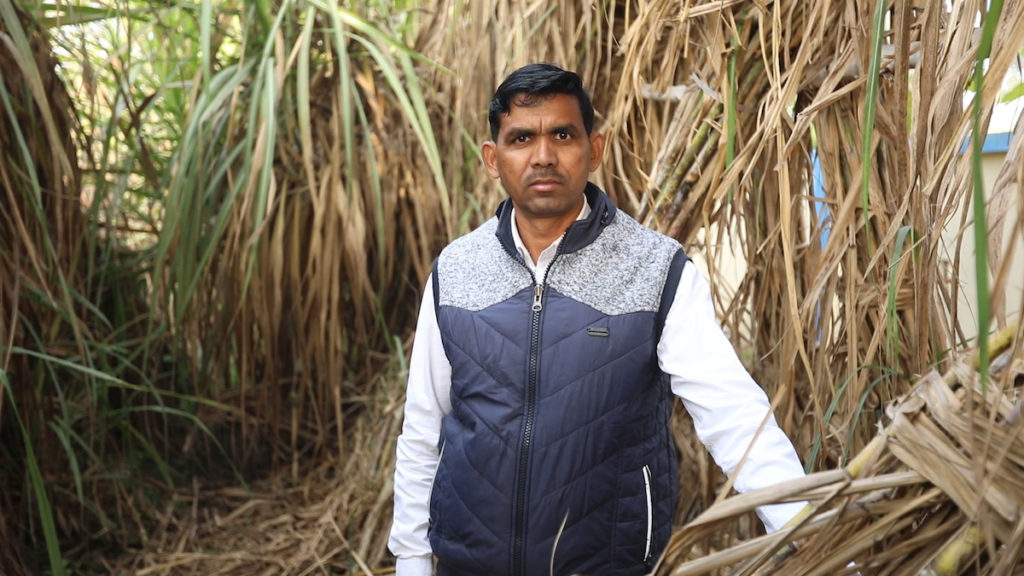
Arvind took to sugarcane farming in 2008, when the Hariyawan mill came up in the vicinity. During the initial years, he used the flood irrigation method to water his field, but could hardly see any progress in crop yield or quality. “Flood irrigation did not help. Both the crop and my soil (quality) were going down. I realized the futility of the practice and the mammoth waste of water and diesel it caused, as the trainers explained. The shift to furrow irrigation has been the turning point,” he says.
Ever since his association with the MSU programme, Arvind has been exploring only sustainable means of growing sugarcane. “I apply compost and press mud and strictly use bio-fertilizers instead of chemicals for my crops,” he says. He and his two brothers own about 18-19 acres of land, in which they grow sugarcane, wheat and potato.
Besides switching to furrow irrigation and bio-fertilizer use, Arvind mentions that he has also invested in farm mechanization: “I have a wide range of machineries from small and big tractors to rotavators and mulchers. While I purchased a tractor on loan, for most of the other machineries, I received subsidies from the government’s Krishivibhag and even from the mill.”
Spreading the word on sustainability
Arvind now hopes of sharing his knowledge of good farming practices and sustainable agriculture with his fellow villagers and beyond. He feels that his pursuit and perseverance will go a long way in not only bringing him success and prosperity, but also in empowering his region economically.
“I want to come first in my entire district in terms of yield and quality of produce and lead by an example for others to follow,” says Arvind.
We farmers are hardworking. I too worked hard, but without the right guidance all my efforts were futile. I dedicate my success to the guides who came at the right time to show me ways of growing my crops sustainably and become a success.
Arvind Kumar, Sugarcane Farmer

